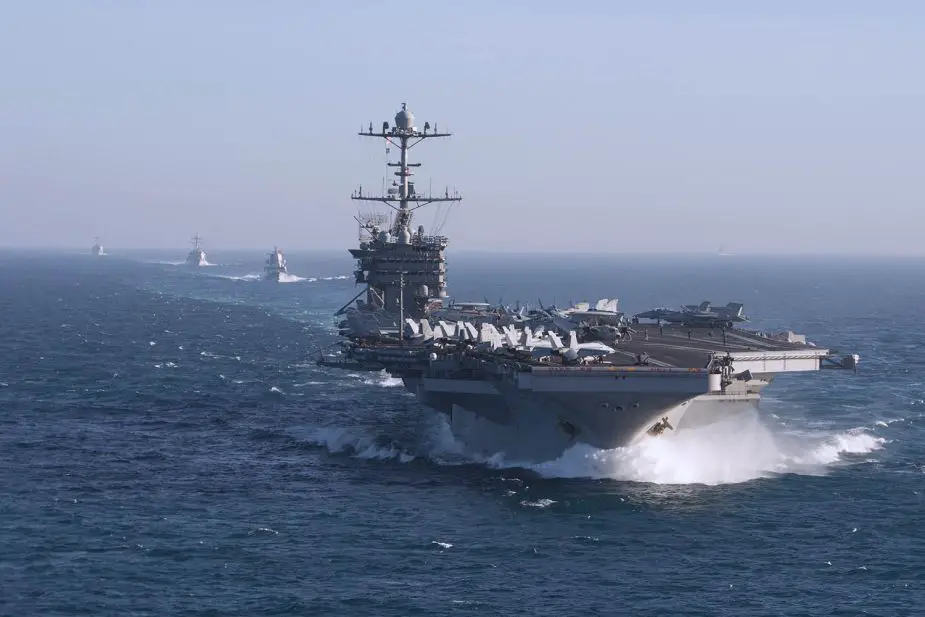Breaking news
Lockheed Martin to support next-gen anti-ship missile defence capabilities.
The US Navy has selected Lockheed Martin as the next Ship Self Defence System (SSDS) Combat System Engineering Agent (CSEA) to support the protection of major surface warships, including aircraft carriers and large deck amphibious warfare ships.
 The U.S. Department of Defense and Lockheed Martin announced an agreement for $55.96 million for combat system engineering support on the Ship Self-Defense System (SSDS) (Picture source: U.S. Navy)
The U.S. Department of Defense and Lockheed Martin announced an agreement for $55.96 million for combat system engineering support on the Ship Self-Defense System (SSDS) (Picture source: U.S. Navy)
SSDS is a combat direction system that provides the capability to defend against anti-ship missile (ASCM) attacks for carrier and large deck amphibious ship classes. Under this contract, Lockheed Martin will evolve the SSDS combat system, beginning with SSDS Build 12, with new capability upgrades and maintain SSDS in-service baselines.
Jim Sheridan, vice president, naval combat and missile defence systems, Lockheed Martin, explained the importance of the announcement and the role SSDS will play in the US Navy's force structure, saying, "The Lockheed Martin CSEA team recognises the critical role the aircraft carrier plays in American power projection and the central role large-deck amphibious ships serve in defence of our nation and our allies."
As the Aegis CSEA, Lockheed Martin has experience in successfully delivering integrated combat systems for US and international Navies. Lockheed Martin developed the Common Source Library (CSL), which enables efficient deployment of common software solutions across the surface Navy, with various techniques to customise for particular configurations.
Through this approach, Lockheed Martin has delivered weapon systems to littoral combat ships and the US Coast Guard that are derived from the US Navy’s Aegis investment.
"These missions require the highest standards of systems engineering, performance analysis, software development, integration and test to deliver an integrated Ship Self Defence System. We are proud to have been selected by the Navy for this important program," Sheridan explained.


























